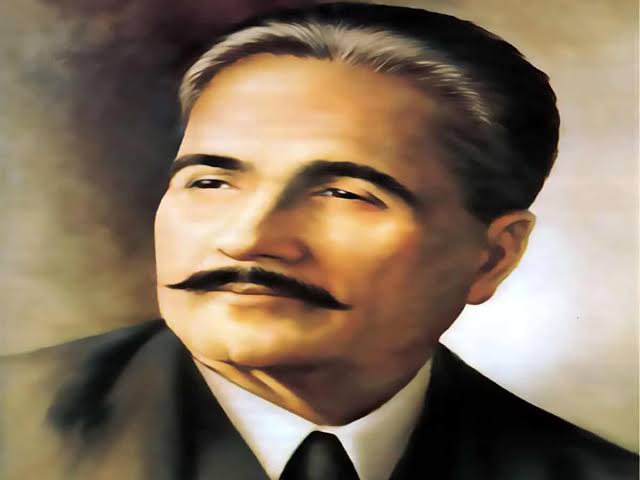Allam Muhammad Iqbal Bio

Allam Muhammad Iqbal
Artist, Pakistan
Allama Muhammad Iqbal (1877-1938) was a prominent philosopher, poet, and politician in British India, renowned for his profound impact on the intellectual and cultural landscape of South Asia. Born in Sialkot, now in Pakistan, Iqbal began his literary journey with sublime Persian and Urdu poetry that delved into themes of self-discovery, spirituality, and the revitalization of Islamic thought. Iqbal's poetic collections, including "Bang-e-Dra," "Asrar-e-Khudi," and "Bal-e-Jibril," not only showcased his lyrical prowess but also articulated a vision for the rejuvenation of the Muslim ummah (community). His philosophical works, such as "The Reconstruction of Religious Thought in Islam," advocated for a dynamic reinterpretation of Islamic principles in the modern context, emphasizing individuality, selfhood, and spiritual awakening. A staunch advocate for the rights and empowerment of Muslims in British India, Iqbal's stirring poetry and visionary ideas played a pivotal role in galvanizing support for the Pakistan Movement. He articulated the concept of a separate homeland for Muslims in South Asia, foreseeing Pakistan as a sanctuary where Muslims could freely practice their faith and culture. Beyond his literary and political contributions, Iqbal's legacy endures through his profound influence on subsequent generations of poets, philosophers, and political leaders. His poetry continues to resonate with readers worldwide, reflecting timeless themes of humanism, spirituality, and cultural identity. Allama Iqbal remains a towering figure in South Asian intellectual history, celebrated for his poetic genius, philosophical insights, and visionary leadership in shaping the course of history during a transformative era.
Artists
Azans
- Muhammad Al Luhaidan 123 Listeners
- Saad Al ghamdi 137 Listeners
- Ahmad Al Nafees 178 Listeners
- Hafiz Junaid Ur Rehman 204 Listeners
- Atif Aslam 319 Listeners
- Ahmed Abdurahman Darar 147 Listeners
- Islam Sobhi 109 Listeners
- Mishary Rashid Alafasy 74 Listeners
- ibrahim Al Arkani 272 Listeners
- Majid Al Hamthany 238 Listeners
- Hamad Daghriry 457 Listeners
- Mansoor Az-Zahrani 754 Listeners
- Mishary Rashid Alafasy 594 Listeners
